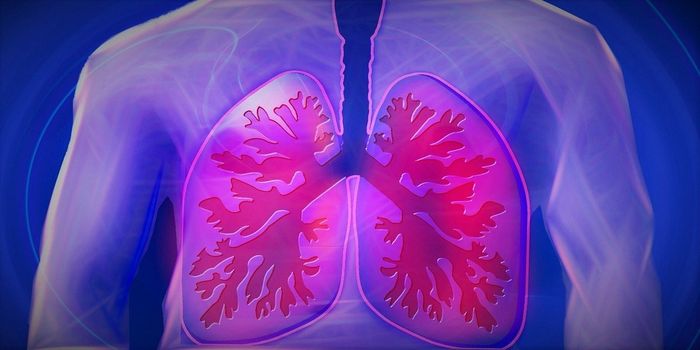Are Organic Foods Actually Healthier for You?
A lot of people will only eat "organic" food because they think it's healthier for them and better than the environment than processed foods, but is it really any better?
There are all kinds of organic foods, and depending on the verbiage on the package, the word "organic" doesn't necessarily mean that the food is 100% organic. Unless you see the words "100% organic" on the label, the food you're buying could be anywhere from 50-95% organic.
Additionally, just because something is organic, doesn't mean it's better for you. Organic foods, like processed foods, are still treated with pesticides and fertilizers at the farm, but they aren't treated with "synthetic" or man-made chemicals. Rather, they're treated with natural chemicals, which some studies have shown to be more detrimental to human health than others.
Organic food farms are also less efficient than conventional ones because more farm land is required to get the same amount of food as a conventional one. One could say this strains the environment more.
But how about you? Scientists say that organic foods are no more nutritious than treated foods, but there are some "insignificant" gains in some qualities like vitamin C, carotenoids, LDL cholesterol, and antioxidants among other things.
On the other side of things, some organic foods aren't treated as well as your run-of-the-mill processed foods, so they tend to be more vulnerable to disease, which can negatively impact your health overall.
Should you go out and buy organic foods? The decision is up to you, but the additional price tag may not really be worth it.








